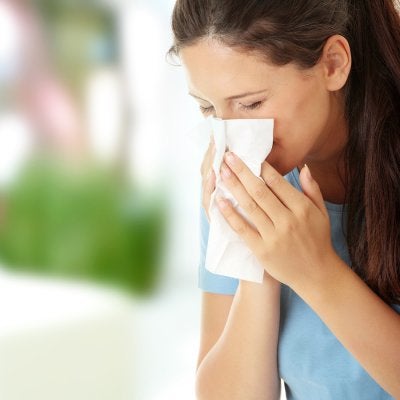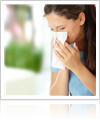There are many different types of molds or mildew that can thrive indoors as well as outdoors. A building may require mold removal if it features a warm, humid environment, such as a shower stall in a home. Mold test and removal is essential because even though the mold appears to be stationary, it releases tiny mold spores that drift through the air. If you’ve been exposed to mold, you may suffer from ill health effects.
Allergic Reactions
Some people may suffer from allergic reactions upon being exposed to mold. These symptoms may arise immediately after exposure; however, for some people, it takes a while to experience symptoms. Some of the possible signs of a mold allergy include coughing, wheezing, sneezing, tearing of the eyes. A runny nose, rash, and skin irritation can also indicate a mold allergy. However, even if you aren’t allergic to mold, it is possible to experience some of the symptoms of an allergic reaction, namely irritation of the airways, eyes, and skin.

Asthma Attacks
If you’re allergic to mold and you have asthma, it’s particularly important to contact a mold removal service in San Francisco. Some of the signs of an asthma attack include chest tightness, coughing, and wheezing. You may experience breathing problems, such as gasping for air, breathing faster than usual, and feeling as though you’re out of breath. If you do suffer an asthma attack because of mold, follow your physician’s recommended treatment plan. This will likely include using a rescue inhaler and going to the nearest emergency room.
Respiratory Infections
There is some evidence that mold exposure can cause respiratory infections. This may be more likely to occur to individuals who have a compromised immune system and those who have a chronic lung disease. A mold removal company can help you prevent these dangerous complications.
Sick Building Syndrome
Sick building syndrome is a term that refers to undefinable medical concerns linked to a particular building. For example, a group of individuals who frequent an office building may all develop similar symptoms after spending time in that building. These symptoms may include respiratory complaints, headaches, fatigue, skin irritation, and even gastrointestinal problems. Despite the similarity of the health complaints, professionals are unable to diagnose a specific illness, hence the term, “sick building syndrome.” Sick building syndrome is believed to have a number of causes, including exposure to mold.

